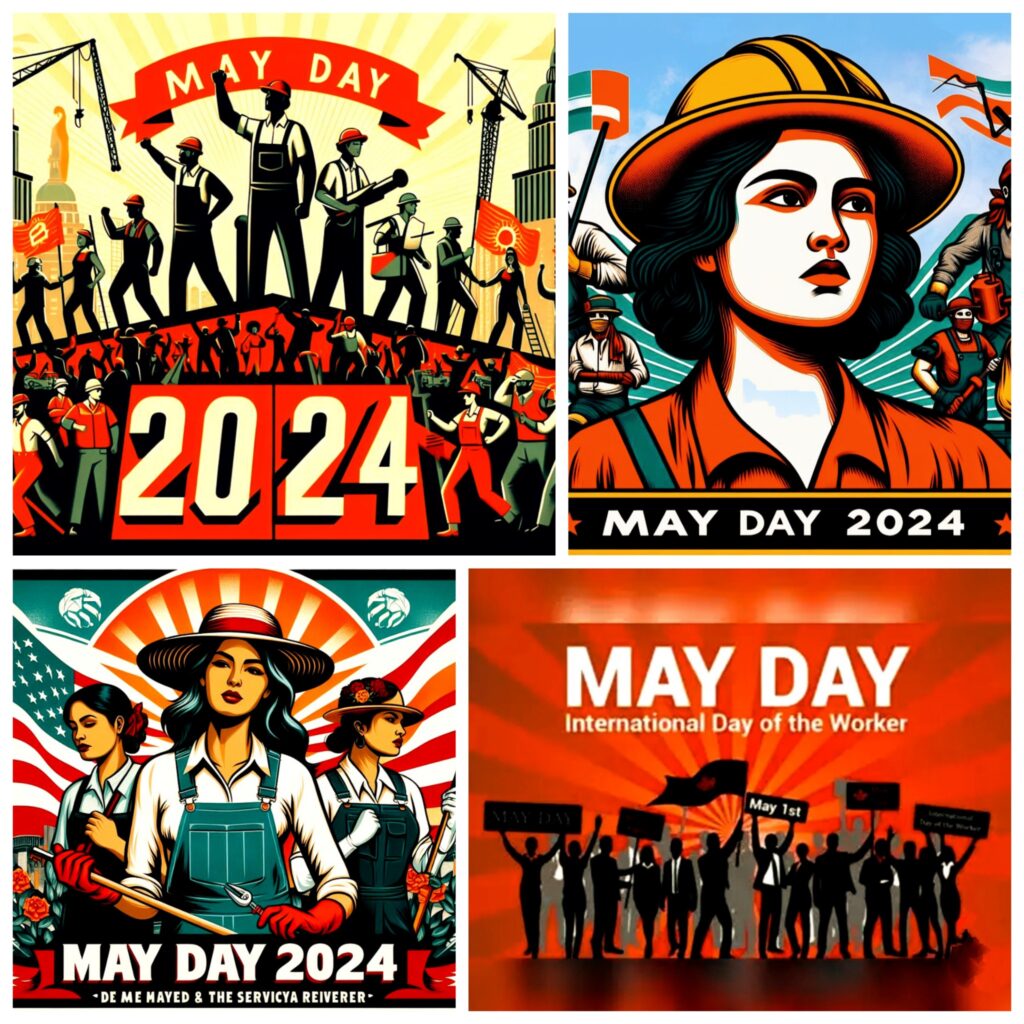Manashimaya

International Labour Day, observed annually on May 1st, stands as a global tribute to workers’ invaluable contributions and the working class’s ongoing struggles. This day, also known as May Day, holds deep historical roots originating from the late nineteenth-century labor movement, commemorating the historic fight for improved working conditions and fair treatment.
The history of International Labour Day traces back to a pivotal event in American history. In 1886, workers across the United States mobilized to demand the establishment of an eight-hour workday, a significant departure from the grueling and often exploitative conditions prevalent at the time. This movement culminated in a massive demonstration, highlighting the collective power of workers united in their pursuit of justice.
However, tensions escalated in Chicago during what became known as the ‘Haymarket Affair.’ Amidst the peaceful protest, a bomb was detonated, resulting in tragic casualties among both police officers and demonstrators. This incident, although marred by violence, became the catalyst for the inception of International Labour Day. Formally established in 1889 by socialist parties across Europe, the day emerged as a dedicated occasion to honor workers worldwide and advocate for their rights.
Today, International Labour Day transcends borders and cultures, symbolizing solidarity and unity among workers globally. It serves as a platform to raise awareness about workers’ rights, combat exploitation, and foster initiatives for better working conditions. From advocating for fair wages and safe workplaces to promoting gender equality and social justice, Labour Day embodies the aspirations of millions striving for dignity and equality in the workplace.
Beyond its symbolic significance, Labour Day underscores the indispensable role of workers in nation-building and economic progress. The resilience and dedication of workers in all fields drive innovation, productivity, and social cohesion, shaping societies and communities worldwide. By commemorating their relentless efforts, Labour Day not only acknowledges their contributions but also empowers them with knowledge of their rights and fosters efforts to enhance workplace environments.
Let us consider the lasting impact of workers’ struggles and reaffirm our commitment to defending their rights and well-being as we celebrate International Labor Day in 2024. The workplace ideals of justice, equity, and fairness are still important today because of the fast-paced changes in technology and the state of the economy. Let’s show our support for laborers everywhere and work toward a time where everyone is treated with the dignity they so richly deserve.
